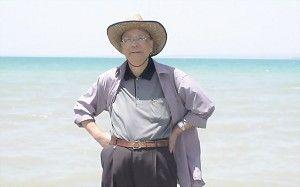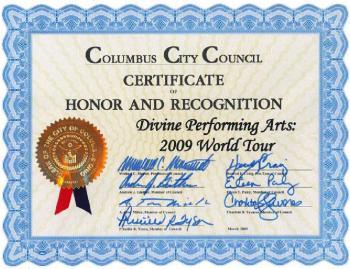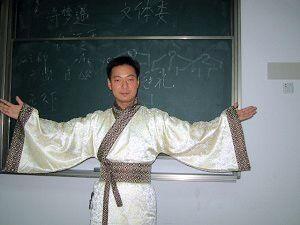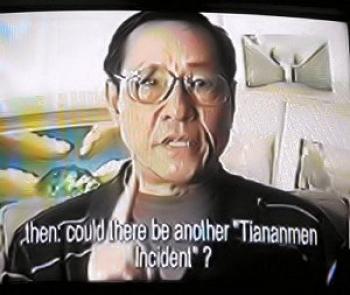The Epoch Times interviewed Mr. Lin Mu, former secretary of Mr. Hu Yaobang, former General Secretary of the Chinese Communist Party (CCP), regarding the persecution of Falun Gong. In the interview, Mr. Lin Mu revealed some rare inside information about the attitudes of top-level CCP leaders and members of China’s military towards Falun Gong. Mr. Lin Mu believes that Jiang Zemin did not have any ground for suppressing Falun Gong, and thinks the violent and cruel persecution is absurd. In witnessing many Falun Gong practitioners persevering in their spiritual belief and refusing to give up, he said, “I am very touched.”
The following is from the phone interview with Mr. Lin Mu.




